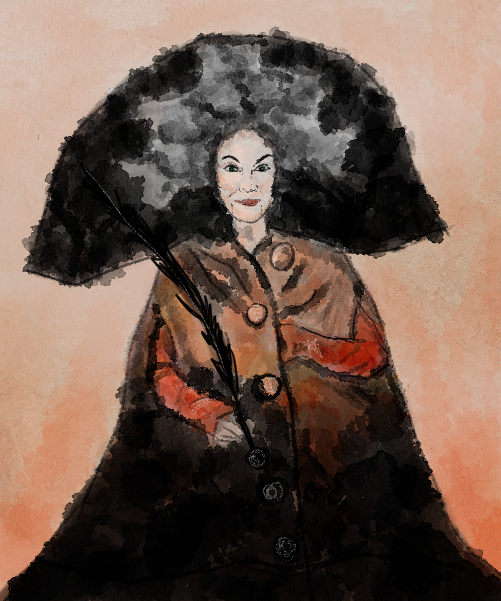On Nov. 19, esteemed Canadian poets Margaret Atwood and Lorna Crozier read from and discussed Atwood’s new poetry collection, Dearly: Poems, and Crozier’s autobiography, Through the Garden: A Love Story (with Cats). Broadcast over Zoom through Montreal-based bookstore Drawn & Quarterly, the two writers discussed cats, deceased husbands and poetry’s uncanny connection to flesh-eating zombies.
“I didn’t get going as a poet until the late ‘70s,” Crozier said. “I grew up as a poet reading the wonderful Margaret Atwood and I have to say that I was so privileged to [have been] able to read Canadian poetry and [discover] strong women writing poetry who came from my country.”
Both poets grew up in rural Canada. Atwood’s childhood involved spending time in Northern Quebec with her father, an entomologist, and Crozier’s was spent on a farm in Saskatchewan. They elaborated on their relationship with the natural world, and especially animals, and how these themes appear in their poetry.
“We lived on a farm for 10 years, and we had a lot of animals,” Atwood said. “[It was] up-close and down-dirty.”
Crozier described how her poetry uses cats as a motif to carry some of its emotional weight. In Through the Garden, Crozier reflects on her relationship with her late husband and Canadian poet, Patrick Lane, and how cats were important to their relationship. In 2019, Lane died of a heart attack at age 79. Crozier still has their cats, who comfort her after the loss of her husband.
“In our 40 years together, Patrick and I shared our lives to find cats,” Crozier said. “I believe that cats like to be named after poets, by the way. Although when I told Al Purdy that […] he just about threw me out because he didn’t like cats.”
Likewise, Atwood’s poetry features cats, such as the poem “Ghost Cat,” which Atwood read aloud during the event. The poem’s speaker is Atwood’s recently deceased cat who wanders through her house at night, blindly searching for a place to sleep.
Atwood and Crozier also found commonality in their humble book-making process. Pointing to a desk drawer in her office containing her poems, Atwood spoke about how she writes fragment poetry, which she then conjoins to create a larger work.
“What’s in there is a lot of holograph manuscripts because I write in longhand,” Atwood said. “But my handwriting is really bad, so I can’t always read what I’ve written. Part of the process is the Rosetta Stone interpretation of what it is that I might have possibly meant.”
Crozier and Atwood compared their similar methods of creating a poetry anthology, which involved piecing together individual poems into a larger work on their office floors.
“When I have a file that’s spilling out, I then say, ‘Maybe there’s a book here,’” Crozier said. “I lay the poems on the floor, and I crawl around on my hands and knees and say, ‘This poem would like to sit by this poem and this one by that one.’”
Responding to an audience member’s question on what she valued in poetry, Atwood delved into why she found it so important.
“It is the journey with the poet on a trail that’s made of feeling as well as meaning,” Atwood said. “A poem is not just an intellectual meaning. It’s not reducible to that.”










whoah this blog is magnificent i love studying your articles.
Keep up the great work! You recognize, lots of persons are looking round for this info, you could help them greatly.